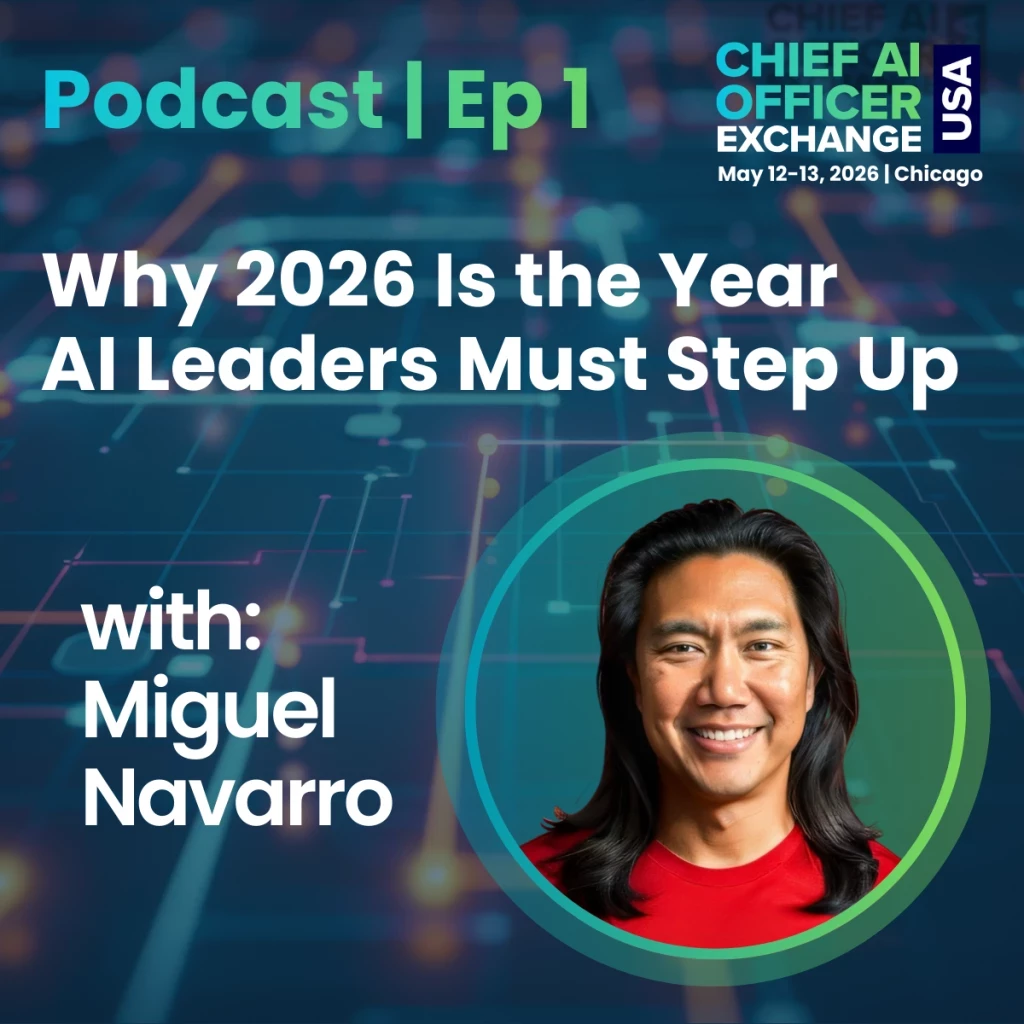What is ethical AI?
Learn about the critical importance of AI ethics in the era of emerging technology
Add bookmark
Ethical artificial intelligence (AI) defines the development and use of AI systems that align with human values and principles to ensure fairness, privacy, transparency, accountability and respect for human rights.
It involves considering the potential societal impacts of AI and striving to mitigate risks and prevent harm from occurring. Ethical AI is a growing topic, given the rapid adoption of technological advancements in AI.
With the emergence of big data, companies have increased their focus to drive automation and data-driven decision-making across their organizations. “While the intention there is usually, if not always, to improve business outcomes, companies are experiencing unforeseen consequences in some of their AI applications, particularly due to poor upfront research design and biased datasets,” according to IBM.
As instances of unfair outcomes have come to light, new guidelines have emerged, primarily from the research and data science communities, to address concerns around the ethics of AI.
Become a member of the AI, Data & Analytics Network for free and gain exclusive access to premium content including news, reports, videos, and webinars from industry experts. Connect with a global community of senior AI and data leaders through networking opportunities and receive invitations to free online events and weekly newsletters. Join today to enhance your knowledge and expand your professional network.
Join NowWhy is ethical AI important?
Ethical AI is vitally important given AI’s ability to enhance or replicate human intelligence. When AI systems are designed to mimic human behavior, they risk inheriting the same flaws and biases that affect human judgment.
Projects based on biased or flawed data can cause significant harm, especially to marginalized or underrepresented groups. If AI algorithms are developed too quickly, engineers and product teams may struggle to identify and correct embedded biases. To reduce future risks, it’s more effective to integrate ethical principles early in the development process.
“In no other field is the ethical compass more relevant than in AI,” says Gabriela Ramos, assistant director-general for social and human sciences at UNESCO. “These general-purpose technologies are re-shaping the way we work, interact and live. The world is set to change at a pace not seen since the deployment of the printing press six centuries ago.”
AI technology brings major benefits in many areas, but without the ethical guardrails, it risks reproducing real world biases and discrimination, fueling divisions and threatening fundamental human rights and freedoms, she adds.
Principles of ethical AI
While there are no single, universally agreed-upon set of ethical AI principles, many organizations and government agencies consult with experts in ethics, law and AI to create guiding principles.
These principles commonly address key issues such as:
Fairness and non-discrimination
- AI systems should not perpetuate or amplify bias, discrimination or inequality.
- Developers must ensure equity in data, access and outcomes, especially for marginalized groups.
Transparency and explainability
- AI decisions should be understandable to users and stakeholders.
- The functioning of AI systems should be auditable, with clear documentation of data sources and decision processes.
Accountability and responsibility
- Human oversight must be maintained, with clear lines of responsibility.
- Organizations must be held accountable for the impacts of the AI they develop or deploy.
Privacy and data governance
- AI must respect privacy rights, using data in ways that are lawful, fair and secure.
- Strong data protection mechanisms should be in place, along with transparency about how data is collected and used.
Safety and security
- AI systems must be robust and secure against attacks or unintended behavior.
- Continuous testing and risk management are essential to prevent harm.
Human-centered design
- AI should enhance human capabilities, not replace or devalue them.
- It should align with human values and support individual and societal well-being.
Sustainability
- Ethical AI development should consider environmental impact and support long-term societal goals.
- Responsible use includes minimizing energy consumption and promoting ecological balance.
Inclusiveness and accessibility
- AI should be accessible to all, regardless of background, ability or geography.
- Diverse perspectives in design and implementation ensure more inclusive outcomes.
Register for PEX Network’s All Access: AI in Business Transformation 2025!
Ethical AI in action
IBM Watson for Oncology
IBM Watson for Oncology was a cognitive computing system designed to assist doctors in making evidence-based cancer treatment decisions. Trained by Memorial Sloan Kettering Cancer Center (MSK), it analyzed vast volumes of medical literature, clinical trials and patient records to recommend personalized treatment options for cancer patients. While initially touted as a revolutionary tool, Watson for Oncology faced criticism for not meeting expectations and was eventually discontinued.
However, the project remains a prominent example of the challenges and potential of ethical AI in healthcare, emphasizing transparency, augmenting rather than replacing human experts and focusing on patient-centered outcomes.
Google’s AI-powered flood forecasting system
In regions like India and Bangladesh, where flooding can be devastating, Google developed an AI-based flood forecasting system to provide early warnings and help mitigate disaster impact.
The system helps save lives and reduce property damage by issuing accurate, timely flood alerts – often days in advance. It’s freely available to governments and the public. It is also designed specifically to serve under-resourced areas that often lack sophisticated infrastructure or warning systems, the technology helps bridge a digital and safety divide.
Google shares its forecasting models and collaborates with local authorities and NGOs to ensure the information is understood and actionable by the communities it serves. What’s more, bpartnering with organizations like the Indian Central Water Commission and Bangladesh Water Development Board, Google ensures local experts are involved in the process, which improves accuracy and accountability. Also, the AI system relies on public satellite and hydrological data, not sensitive personal information, helping to minimize privacy concerns while maximizing utility.
EU AI Act
More broadly, the European Union (EU) AI Act – which came into effect in August 2024 – stipulates significant regulations surrounding the development and use of AI through phased implementation and compliance obligations.
Companies dealing with AI are required to meet various commitments in risk management, data governance, information transparency, human oversight and post-market monitoring. Noncompliance can result in severe penalties including fines of up to 35 million euros or 7 percent of a company’s total worldwide annual turnover, depending on which figure is bigger.
“The time has come for us to formulate a vision of where we want AI to take us as a society and as humanity, and then we need to act and accelerate Europe in getting there,” says Ursula von der Leyen, president of the European Commission.
Who is responsible for ethical AI?
Ultimately, the responsibility for ethical AI is shared across multiple layers of individuals, organizations and regulators. There isn’t a single entity solely responsible – it’s a collective effort to ensure AI systems are fair, safe and aligned with human values, spanning:
- AI developers and engineers.
- AI product managers and business leaders.
- Organizations and companies.
- Governments and regulators.
- Academic and research institutions.
- Civil society and advocacy groups.
- AI users and the public.








